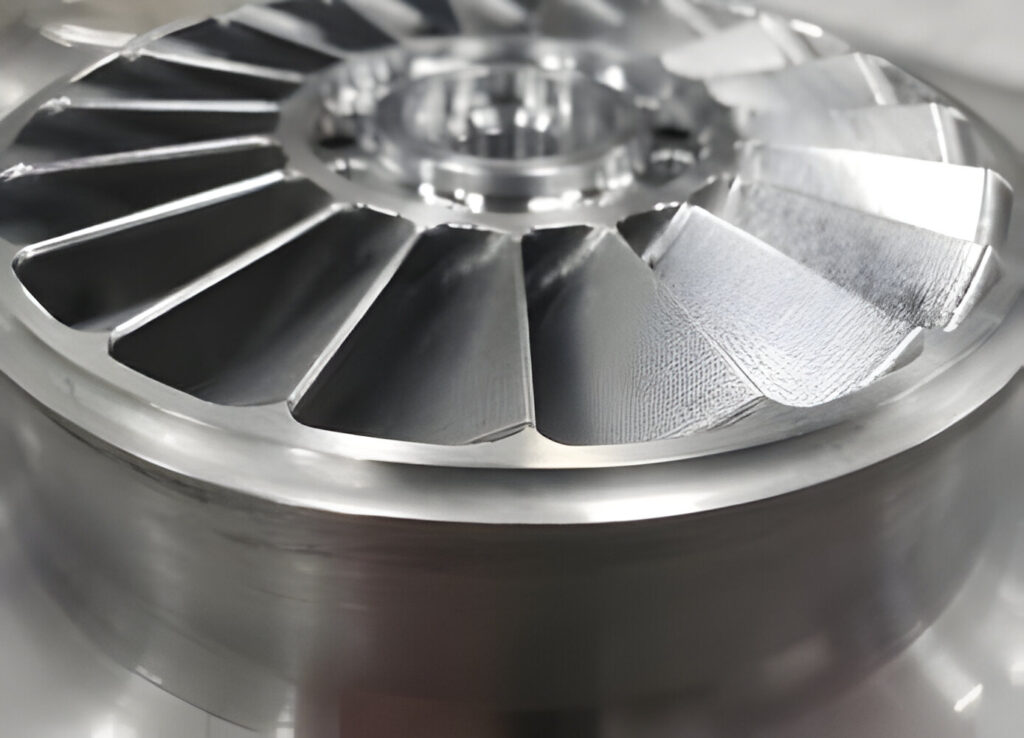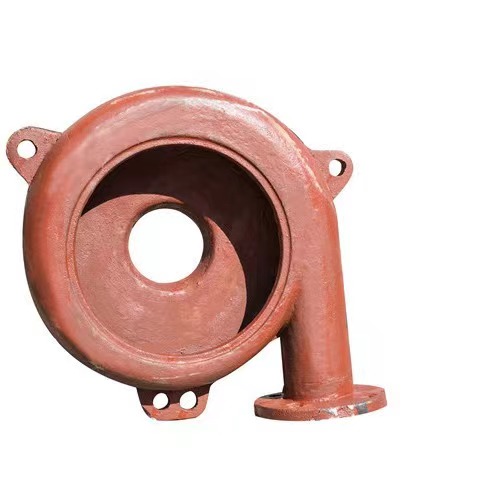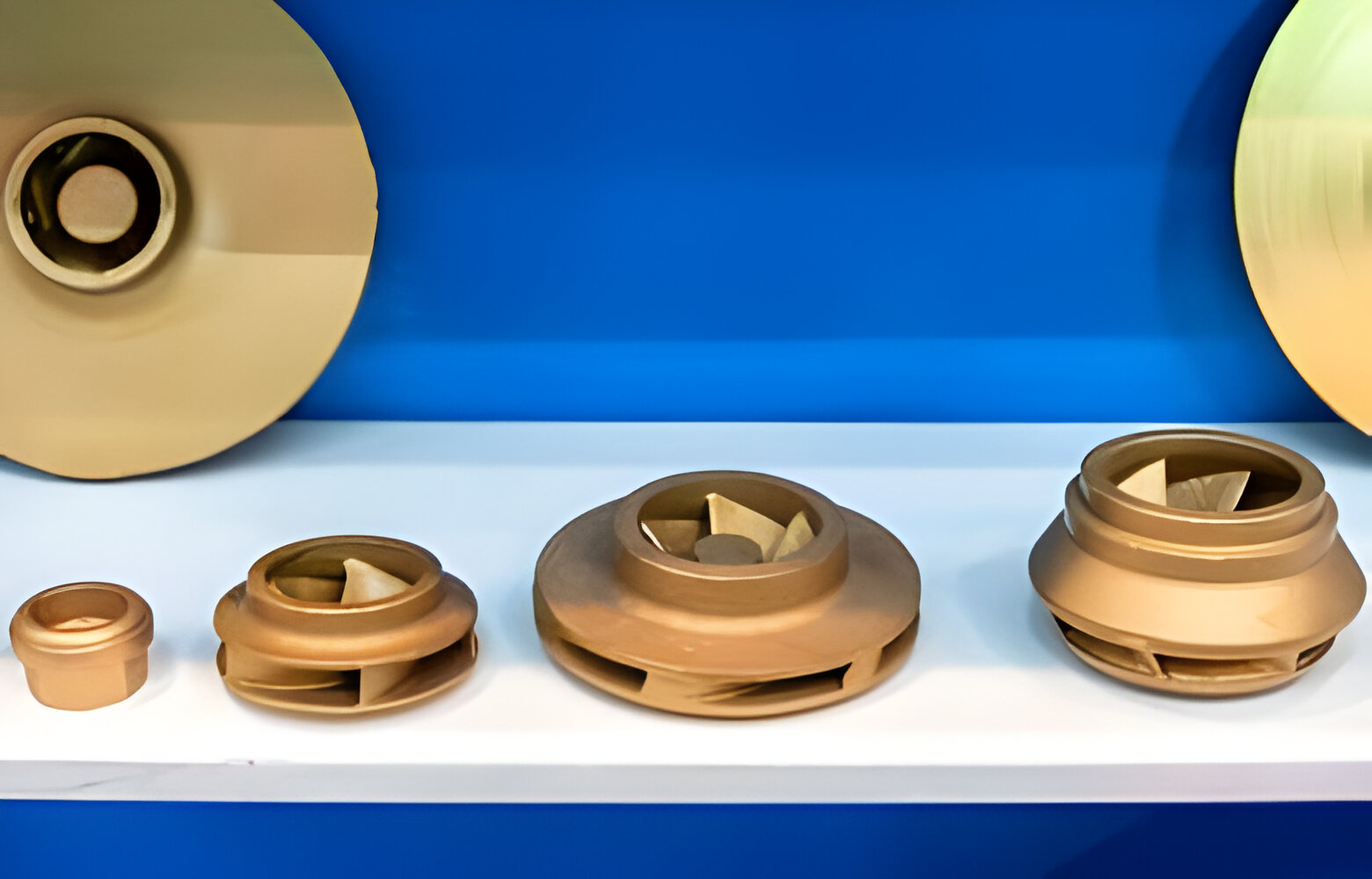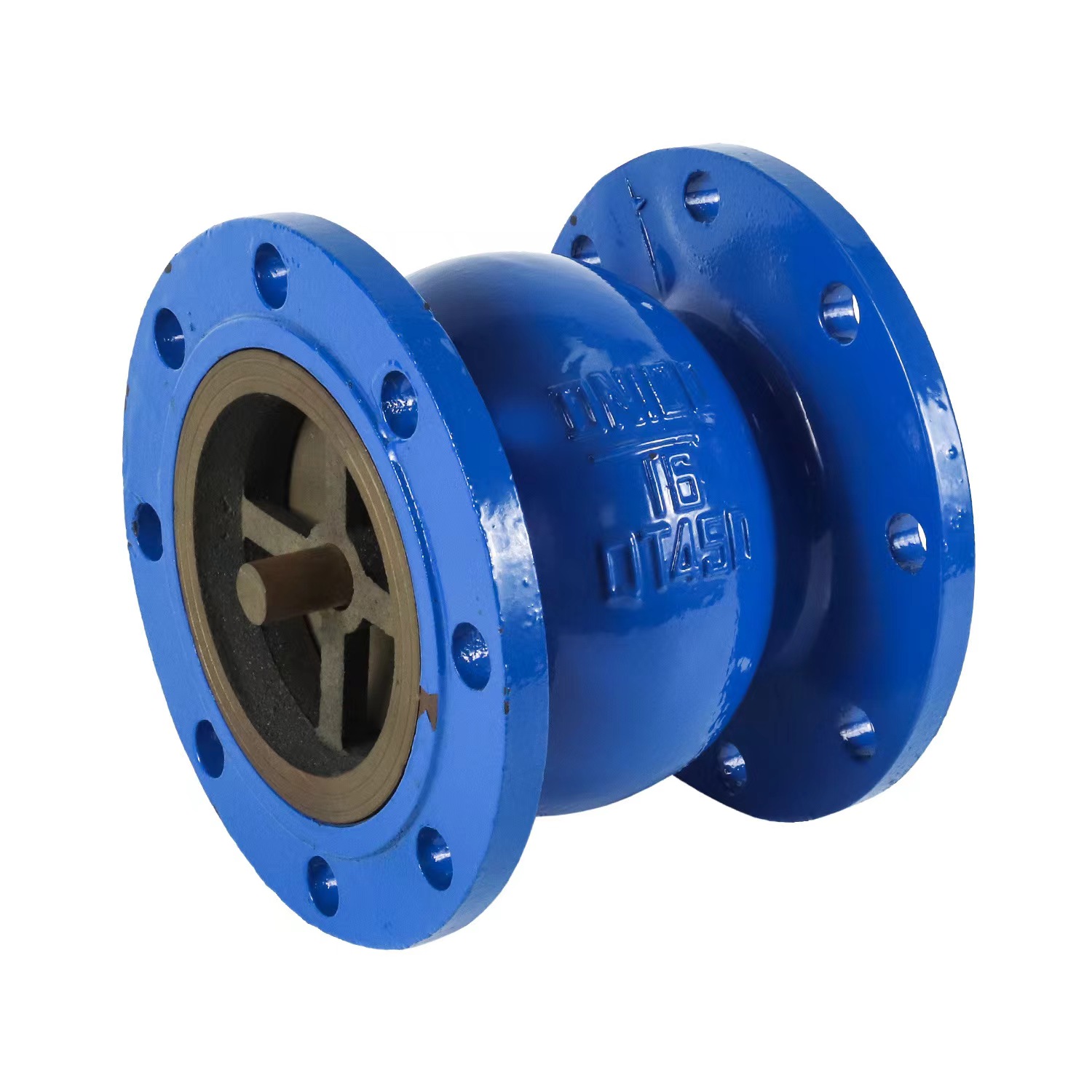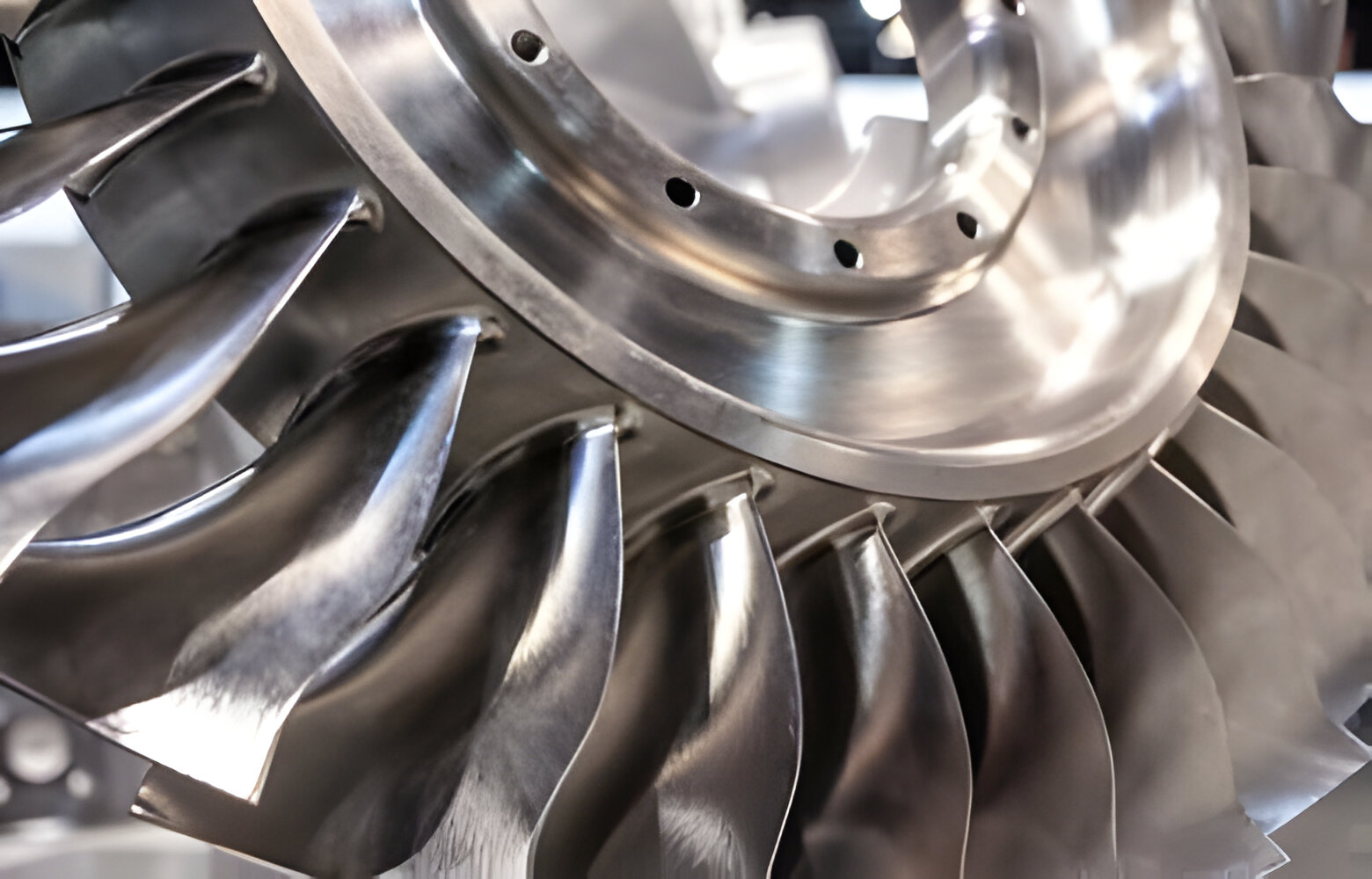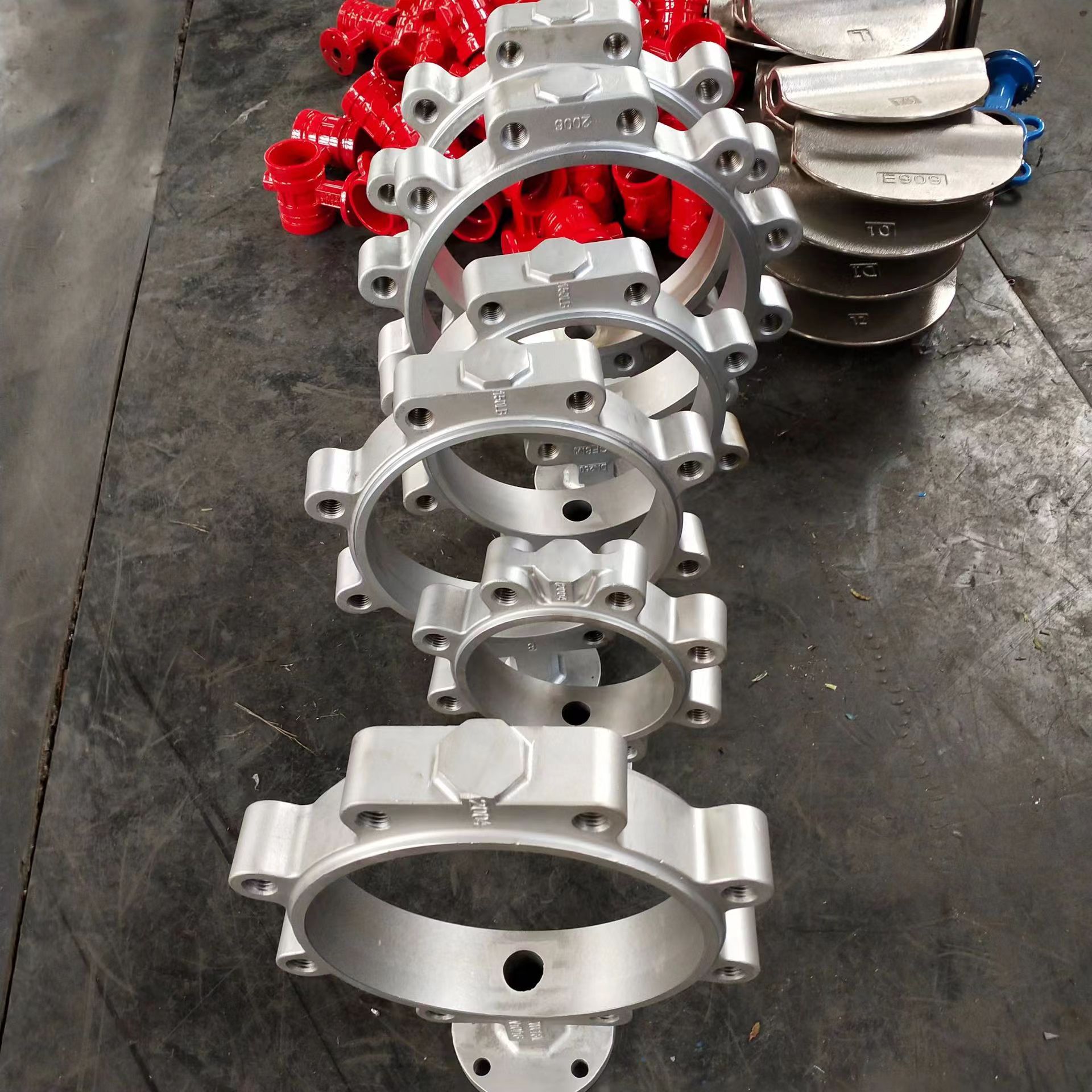In the world of industrial equipment, the importance of a well-engineered axial pump impeller cannot be overstated. Serving as the heart of many types of pumps, the impeller's design and material significantly influence the efficiency and functionality of the pump system. This article will explore the role of axial pump impellers, delve into the specifics of impeller casting, and highlight how these components are crucial in various applications. We will also discuss how manufacturers like KT Foundry are leading the way in producing high-quality cast iron impellers.
Understanding Axial Pump Impellers
An axial pump impeller operates by applying force directly to the fluid in the pump along the axis of rotation. This design allows the fluid to move parallel to the impeller shaft, providing a continuous and steady flow, ideal for low-pressure, high-volume applications. Unlike radial impellers that exert force perpendicular to the shaft, axial impellers are best suited for applications like flood control, irrigation, and certain cooling systems where large volumes of water are required to be moved efficiently.
Manufacturing of Impellers: The Casting Process
Impeller casting is a precision-driven process that often uses high-grade materials such as cast iron due to its durability, cost-effectiveness, and corrosion resistance. The manufacturing process begins with the creation of a mold that accurately reflects the desired size and shape of the impeller. Molten metal, typically cast iron, is then poured into the mold to form the impeller. At KT Foundry, our expertise in pump impeller casting ensures that each impeller meets rigorous quality standards and achieves maximum performance. Our cast iron pump impellers are not only robust but also tailored to meet the specific needs of various industrial applications.
Applications and Scenarios
Axial pump impellers are extensively used in scenarios where large volume water transfer is essential. For example, in municipal water supply systems, axial impellers help in the large-scale movement of water from reservoirs to treatment plants. Another critical application is in agriculture, where they are used in irrigation systems to distribute water over large fields efficiently. Additionally, axial impellers are integral to environmental management systems, such as those used in flood control where rapid water movement is necessary to manage water levels effectively.
FAQs about Axial Pump Impellers
Q1: What materials are used to make axial pump impellers?
A1: While various materials can be used, cast iron is one of the most popular due to its durability, cost-effectiveness, and excellent mechanical properties.
Q2: How do I choose the right impeller for my pump?
A2: Choosing the right impeller involves considering the pump’s application, the fluid characteristics, and the desired flow rate and pressure. Consulting with manufacturers like KT Foundry can provide tailored advice and options.
Q3: Can axial pump impellers be customized?
A3: Yes, at KT Foundry, we specialize in customizing impellers to meet specific operational requirements, ensuring optimal performance for every application.
Engage with KT Foundry for Your Pump Impeller Needs
Choosing the right axial pump impeller is crucial for ensuring efficient system operation. At KT Foundry, we pride ourselves on our expert craftsmanship in impeller casting and our ability to provide customized solutions that meet our clients' specific needs. For more information about our products and services, or to discuss your specific requirements, please visit our website at kt-foundry. Our team is ready to assist you in selecting the best pump components for your applications and ensuring your systems run smoothly and efficiently.

